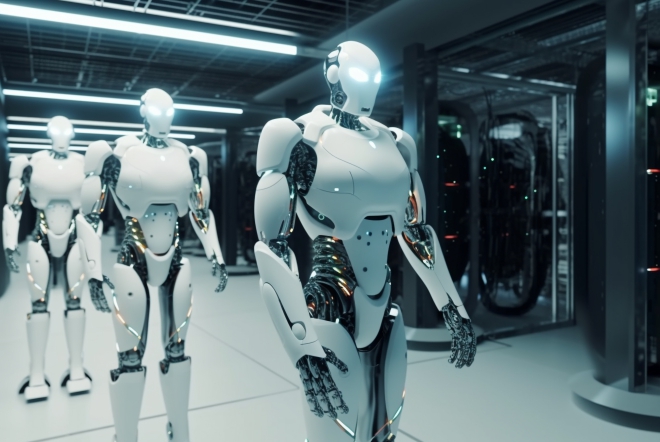Recently, Google co-founder Larry Page couldn't hold back his loneliness and quietly set up a new stall. The AI startup is called Dynamics.
According to The Information, the tech giant's new company is targeting a field that sounds hardcore: product manufacturing. Dynamics’ core technology is to use artificial intelligence to create “highly optimized” object designs and be able to directly direct factories to produce them. Imagine that future product designers may only need to type in a few lines of code in front of the computer, and a perfect design scheme can be automatically generated, and then the robot arms begin to work hard. This picture makes people a little excited to think about it.

This is not a "small workshop" attempt. The person who led the secret plan was Chris Anderson, the chief technology officer of Kittyhawk, an electric aircraft startup supported by Page. It seems that Page has a strong interest in "going to heaven and earth", but this time his focus is more pragmatic, which is directly related to how the various objects we use in our daily lives are made.
So, where is the power of Dynamics? Simply put, they are trying to build a "strongest brain" to guide the operation of the "Gimmer Factory". Traditional manufacturing processes often rely on engineers’ experience and trial and error, and Dynamics hopes to quickly find the best design solutions through AI algorithms, thereby improving product performance, reducing costs, and even creating unprecedented new products. Does this sound a bit like a plot in a science fiction movie?
Just imagine that future cars may no longer require designers to think hard about drawings. AI can automatically generate a beautiful and efficient body shape based on various factors such as aerodynamics and material strength. For example, the precision components inside the mobile phones we use in daily life may also be designed to be more compact and powerful by AI. This highly optimized design and manufacturing integration will undoubtedly greatly shorten the product R&D cycle and open up a broader space for personalized customization.
Of course, Page is not the only one who sees the huge potential of AI in manufacturing. In fact, many pioneers have already worked hard in this field. For example, Orbital Materials is using AI platforms to discover new materials, from batteries to carbon dioxide capture materials, within its research scope. PhysicsX provides AI-powered simulation tools for engineers in the fields of automotive, aerospace and materials science. In addition, Instrumental focuses on using visual AI to detect abnormal situations in factories.
The efforts of these companies all show that using AI to improve manufacturing efficiency and innovation capabilities has become an important development trend. Page's entry with his Dynamics will undoubtedly inject more funds and attention into this field, and may also bring some disruptive innovations.